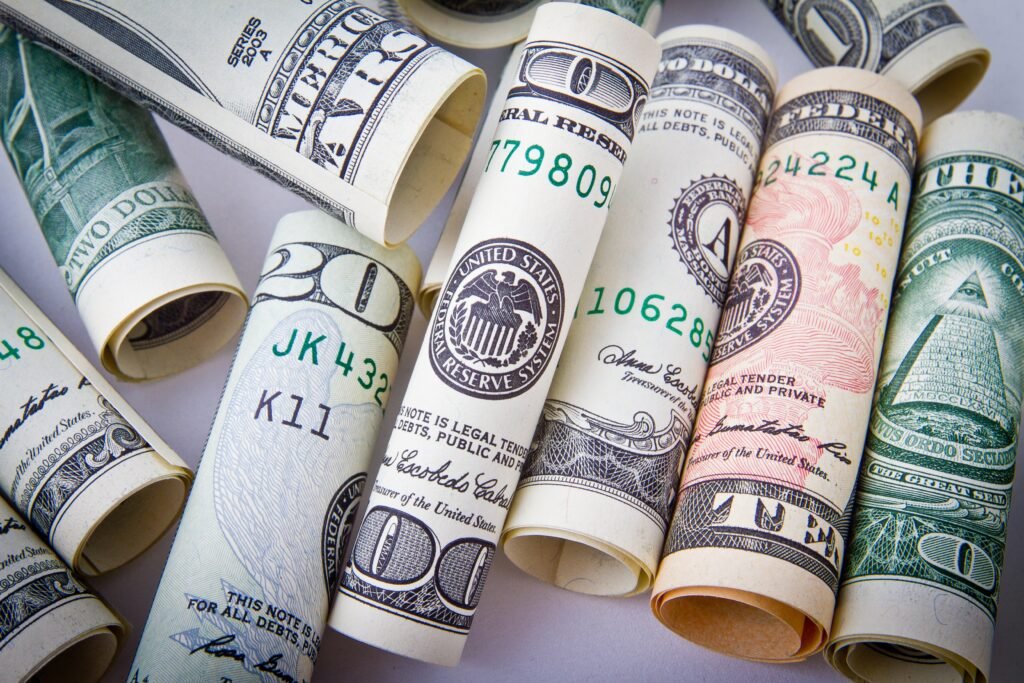
Introduction
Everyone loves things that come easily. And of course, who would like to get out of their comfort zone to get the things they can easily get. Humans are comfort creatures, which is why convenience has become a core aspect of every industry.
Why do you think eCommerce is a big success? Ecommerce businesses have the network to sell convenience to their consumers. Their consumer can easily sip tea into their home and can buy almost anything from the comfort of their home. What’s more, the things are delivered to the doorsteps.
All the thanks go to the technologies. If you want to know about disruptive technologies by, Golden Profit.
However, do you know that the integration of technology negatively impacts your financial stability? Our spending habit is inviting a bad lifestyle and evidently messing with our finance cycle.
Key factors That Have A Negative Impact On Your Financial Stability
Here we have highlighted the factors that have been negatively impacting your finance cycle.
- Tends To Overlook Financial Flow
- Lack Of Budget Maintenance
- Reckless Spending
- Taking Debts
- Binge Spending That Impinge
Let’s explore these points down to details.
1. Tends To Overlook Financial Flow
We tend to forget little things. This practice continues in our financial flow as well. Whenever we make small payments, we hardly bother to look at our account balance. However, these little expenditures and not keeping track comes as a shock if seen as a whole.
Failing to track small expenditures is a bad influence on your financial sustainability. These small expenses consist of small and unnecessary commodities. If you go through them, you will find that some of the expenses are unwanted and are eating too much of your monthly budget.
Hence, it is very important that you keep tabs on all your expenses and stop the finance’s unnecessary flow.
2. Lack Of Budget Maintenance
If you are financially unstable, then your lack of budget planning is to blame. No matter how much you earn, if you can budget it accordingly, you will be able to live a financially stable life. You can keep an active track of the expenditures, avoid any financial loopholes and prevent a financial recession.
Start with setting a limit on your expenditure, and jot down every penny you are spending every month. You can then evaluate and find the areas which are getting unnecessary expenditure.
3. Reckless Spending
Reckless spending or impulsive purchases eat up most of your earning. And this kind of spending happens mostly with cards rather than physical money. Our experience concludes that although your credit card is your only companion to give your access to cash in a crisis, it is also a trick you spend on the things that aren’t even necessary.
One does not realize that credit cards are doing more hard than good until they receive the credit card bill at the end of the month. And the worst part is that you do not even caste to read the card statement and the things you have bought using the card.
4. Taking Debts
It is always a good option to relieve youtube first before going for a loan again. However, it has been seen that debt can be a never-ending cycle. For instance, we have seen people taking debts to clear out their initial debts, and this cycle just keeps going on.
Debt is closely related to the b binge spending. And if you are mired by the debts, then the whole blame goes to your debt management plans. Once you are in debt, you should make an effort to break this vicious cycle by creating a financial structure to clever out your debt.
5. Binge Spending That Impinge
We have heard people saying that they bought the things just because they are new in the market or you just liked them. It is alright that you give in to your impulses once in a while, but if this becomes your habit, you sure are inviting financial stability.
If you are one of the individuals that buy anything just because you liked, it is high time that you stop doing that. It does more harm than good.
Conclusion
There you have it; now you know the key factors that have negatively impacted your financial stability. Which key factors resemble your current financial stability, do let us know.



